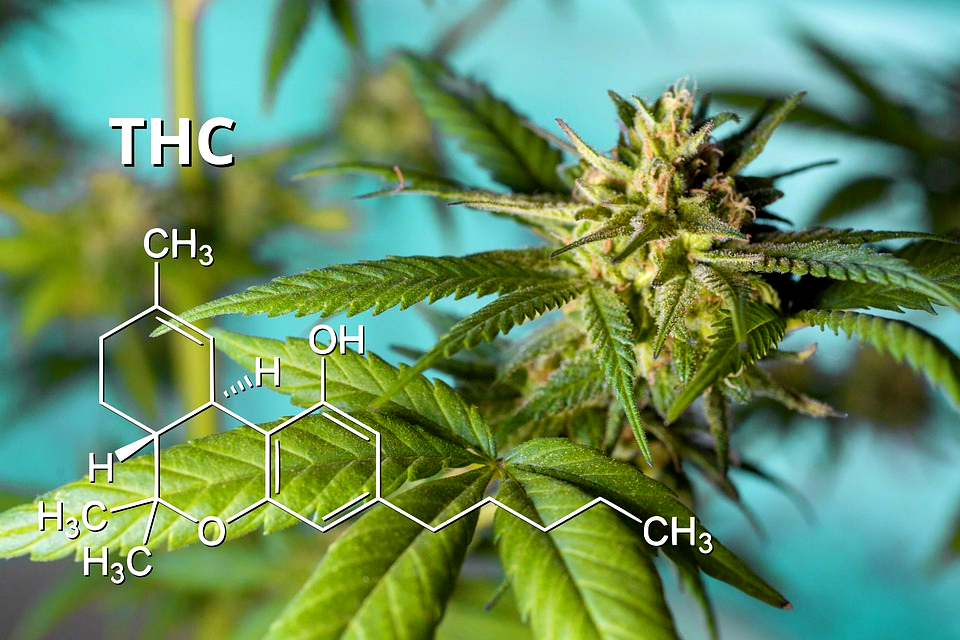The Ruling
A conservative panel of the Ninth U.S. Circuit Court of Appeals ruled that Delta-8 THC products fall under the 2018 Farm Bill’s definition of hemp, in a case styled AK Futures LLC v. Boyd Street Distro, LLC, 9th Cir. No. 2-56113. The lawsuit concerns a trademark claim by AK Futures, which manufactures and sells cigarettes and vaping products containing Delta-8 THC. (Delta-8 THC is less potent than Delta-9 THC, and Delta-8 can be smoked, vaped or ingested. It comes in many forms such as tinctures, joints, gummies, flowers, creams, and vape cartridges/pens.) AK Futures accused Los Angeles retailer Boyd Street Distro of selling counterfeit versions of its Delta-8 products. Boyd Street argued that AK Futures could not bring an intellectual property (IP) claim because its products were not sold in “lawful” commerce.
AK Futures’ request for a preliminary injunction was granted by the District Court, which held that the 2018 Agriculture Improvement Act (“Farm Bill”) legalized the company’s Delta-8 THC products, and it granted injunctive relief. The federal appeals court affirmed the grant of a preliminary injunction to the plaintiff in the trademark and copyright dispute. The court said that AK Futures is selling legal products and therefore has the right to sue for trademark violation since it is likely to succeed on the merits of its IP claim. (A lawyer for Boyd Street said the company was in the process of settling the suit and probably would not appeal the ruling.)
Did the Court of Appeals answer the question about the legality of Delta-8? The Farm Bill of 2018 provides some clues.
Farm Bill of 2018
The 2018 Farm Bill, signed by President Donald Trump, included provisions removing most legal restrictions on hemp, a cannabis plant with a wide range of uses in industrial products, food, personal care, and medicine.
The Ninth Circuit held that the use of Delta-8 THC products in commerce is authorized under the 2018 Farm Bill, finding that companies selling those products can receive trademark and other IP protections. The panel wrote that any congressional intent that the Farm Bill legalize only industrial hemp, not a potentially psychoactive substance like Delta-8 THC, appears neither in hemp’s definition nor in its exemption from the Controlled Substances Act.
The Ninth Circuit specifically looked at the text of the 2018 Farm Bill, which removed “hemp” from the federal list of controlled substances. The statutory definition of “hemp,” according to the court, discussed “any part” of the cannabis plant, including derivatives, extracts, and cannabinoids, each with concentrations of Delta-9 THC of 0.3% or less by dry weight.
Delta-9 THC is the substance most commonly associated with a cannabis “high,” and Delta-8 THC has some psychoactive and intoxicating effects. Interestingly, the court noted that Delta-8 THC has “psychoactive and intoxicating effects” like those of cannabis, but is not a cannabis product. Given that AK Futures’ hemp-derived Delta-8 THC products did not contain more than 0.3% Delta-9 THC, the court held that the products fit within the 2018 Farm Bill’s definition of “hemp” and would therefore be entitled to federal trademark protection.
Congressional Haze
In finding that AK Futures’ products were lawful, the Ninth Circuit analyzed the definition of “hemp” under the 2018 Farm Bill and opined that “the plan and unambiguous text of the [Farm Bill] compels the conclusion that the Delta-8 THC products before us are lawful.” But the court went further, finding that the definition of hemp “extends to downstream products and substances, so long as their Delta-9 THC concentration does not exceed the statutory threshold.”
The Ninth Circuit held that “regardless of the wisdom of legalizing Delta-8 THC products, this Court will not substitute its own policy judgment for that of Congress,” Judge D. Michael Fisher said in the 3-0 ruling.
If this legalization – or more accurately, protection – was unintentional, the court said Congress can change it. According to the ruling in AK Futures, if the bill “inadvertently created a loophole legalizing vaping products containing Delta-8 THC, then it is for Congress to fix its mistake.”
Legal or Protectable?
The elephant in the room is whether Congress intended to legalize Delta-8 THC. A clear implication of the Ninth Circuit’s opinion is that IP rights exist for hemp-derived Delta-8 THC products. However, the opinion did not legalize all Delta-8 THC products. In fact, the court said nothing about conflicting state laws that either regulate or prohibit Delta-8 THC. As of this writing, some states regulate Delta-8 THC while others outright prohibit sales of the substance.
Adding an extra layer of confusion is the fact that the 2018 Farm Bill explicitly noted that “hemp” products must still comply with other applicable federal laws and regulations, such as those concerning products regulated by the FDA. The legal status of Delta-8 seems to remain in limbo as the U.S. DEA issued an interim final rule in 2020 declaring: “All synthetically derived (THC) remain Schedule I controlled substances.”
While there is uncertainty surrounding the legality of cannabis and Delta-8 THC, the opinion from the Ninth Circuit ultimately embraces the claim that Delta-8 THC products derived from hemp CBD are legally protectable products under federal law. But … marijuana remains banned by federal law since 1937.
